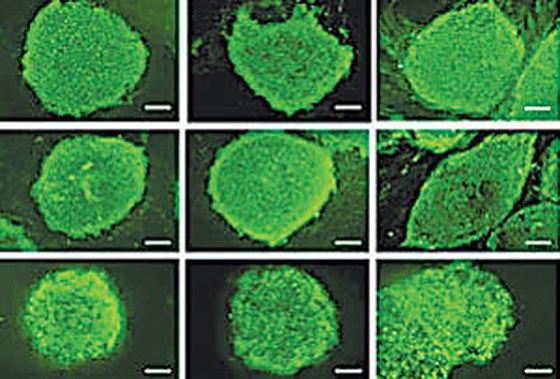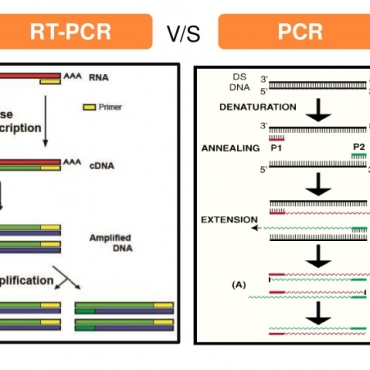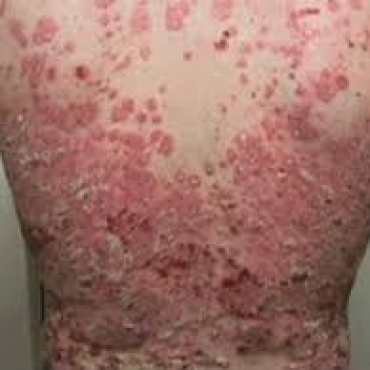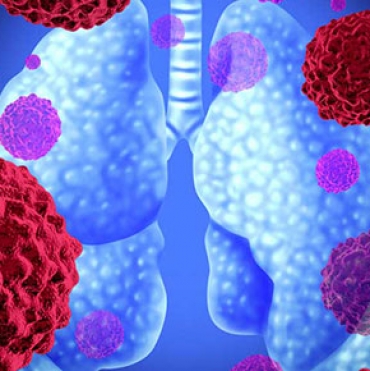Contact Admission
International Collaboration
A new breakthrough in stem cell research
Stem cells (also known as stem cells) have the ability to develop into many types of cells, thus having great potential in replacing tissues, helping to treat many diseases. However, stem cell research still faces ethical issues due to the use of human embryos. Recently, a group of Korean researchers announced new findings - producing stem cells from human skin - could alleviate the ethical concerns surrounding this study.
Regenerates stem cells from skin pieces
Instead of developing stem cells using human embryos, Korean researchers came up with the idea of taking stem cells from a piece of scar skin. Until now, studies have focused solely on receiving stem cells from adult stem cells or embryonic stem cells.
Recently, a new technology has been developed, making it possible to specialize stem cells using body cells such as skin cells. Moreover, the scientists also confirmed the existence of stem cells in the callus to help create new tissue cells to "fill" the injured area.
The research team, led by Professor Lee Hoon Taek of Konkuk University, successfully isolated stem cells from a piece of scar skin (scar tissue) that was recovered after a pregnant woman's uterus surgery.
The research team confirmed that stem cells obtained from callus have the same ability to divide as adult stem cells. This research has paved the way for more production of skin stem cells in the near future. The breakthrough has attracted public attention because it offers a possible alternative to embryonic stem cells.

Stem cell development from scar tissue observed under a microscope
In 2006, Professor Shinya Yamanaka and colleagues at Kyoto University, Japan, announced the successful isolation of embryonic stem cells from mouse skin. Since then, scientists around the world have focused on Multi-Purpose Stem Cell (iPS) research, converting adult stem cells into embryonic stem cells without destroying oocytes or embryonic cells. . However, studies of iPS cells have shown limitations such as viruses that carry genes that can cause cancer. Korean researchers hope that future trials using skin stem cells could lead to faster progress in the fight against disease and find new therapies. Research is conducting trials to use new technology in treating diabetes. If successful, the trial would expect more studies of skin stem cells instead of human embryos. Besides these advantages, however, scientists say there is also a certain difficulty, which is difficulty in obtaining enough stem cells from the separate process.
Science and ethics
Stem cells have the ability to develop into many different types of cells in the body and are seen as a tool in the body's "repair system", when introduced into parts other than the fecal stem cell. Unlimited division to fill the cellular deficiencies of that organ for as long as the body is still alive. Stem cells can become muscle cells, red blood cells, brain cells ...
Adult Stem Cells (also known as Somatic Stem Cells) are taken from the spinal cord. The spinal cord contains at least 2 types of stem cells. One type is called hematopoietic stem cells (HSCs), which make up all types of blood cells in the body. One type is called mesenchymal stem cells (MSCs), which make up different types of bone, cartilage, fat, and connective tissue cells. Embryonic Stem Cells (Embryonic Stem Cells) are obtained from an embryo (in vitro fertilization). The embryo used for stem cells is usually 4-5 days old and scientists are not allowed to use embryos taken from the mother's body. The key problem in stem cell research is that for every cell extracted from the embryo sac (about 100 cells), the embryo is destroyed. Is this an immoral act? Controversy arose from here.
Many sexes in society oppose the destruction of an embryo sac for stem cells. These people believe that the embryo must be respected as a human being. An embryo sac is not an ordinary group of cells, it has all the information about genetics, and is capable of developing into a human. Therefore, it is explained that respect for human beings must be equal, no matter what stage of development they are in.
Debates surrounding stem cell research are not only confined to scientific or religious research, but also spread beyond society as a whole, engaging in politics. In Europe, some countries such as Austria, Poland, Switzerland and Norway do not have any laws that prohibit the study or use of stem cells. In Sweden, stem cells are allowed. The UK is the country with the most comfortable policy in allowing stem cell research. While in Australia there is still fierce debate about this sensitive issue ...
Actually using a human fetus for scientific research is not only a delicate job, but also has social, religious, moral and political implications. Advocates and opponents are facing a battle over whether to legalize stem cell research.
According to KBS, Wikipedia
(Source: http://www.sggp.org.vn/dot-pha-moi-trong-nghien-cuu-te-bao-goc-223393.html)
Other research
- PHAN ASIA UNIVERSITY OPEN EXPENSES RESEARCH COOPERATION WITH PASTEUR LILLE INSTITUTE- FRANCE ( 08:51 - 05/03/2020 )
- USTIN, Texas - Researchers from the University of Texas at Austin and the National Institutes of Health made a major breakthrough to the development of new coronavirus vaccines in 2019 by creating a scale map First 3D atom of a tuber part ( 11:18 - 22/02/2020 )
- Importation and Human-to-Human Transmission of a Novel Coronavirus in Vietnam ( 14:57 - 31/01/2020 )
- PCR test in medical diagnosis ( 10:03 - 16/11/2019 )
- Announcement: Organizing Clinical Microbiology course ( 07:53 - 09/04/2019 )
- AI is so powerful that it can predict the moment of human death ( 08:42 - 01/04/2019 )
- World umbilical cord in Vietnamese hands ( 15:19 - 30/03/2019 )
- Stem cell magic ( 15:14 - 30/03/2019 )
- Treatment of psoriasis ( 09:38 - 23/03/2018 )


















